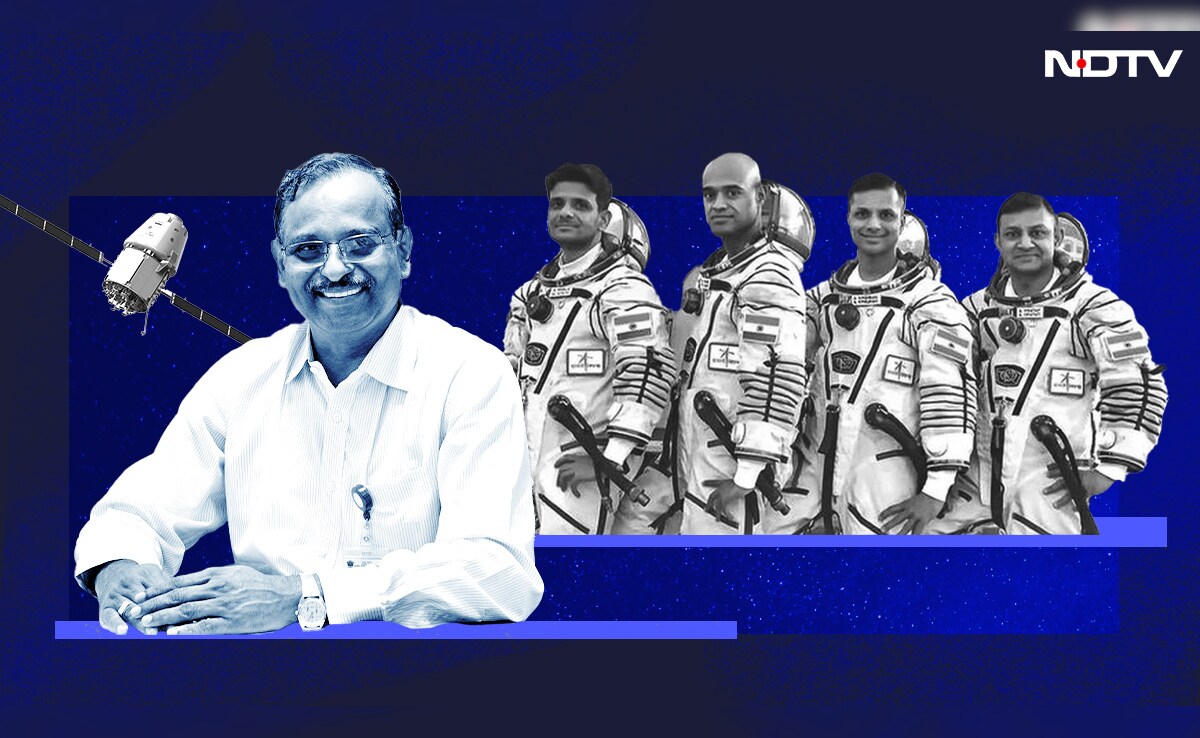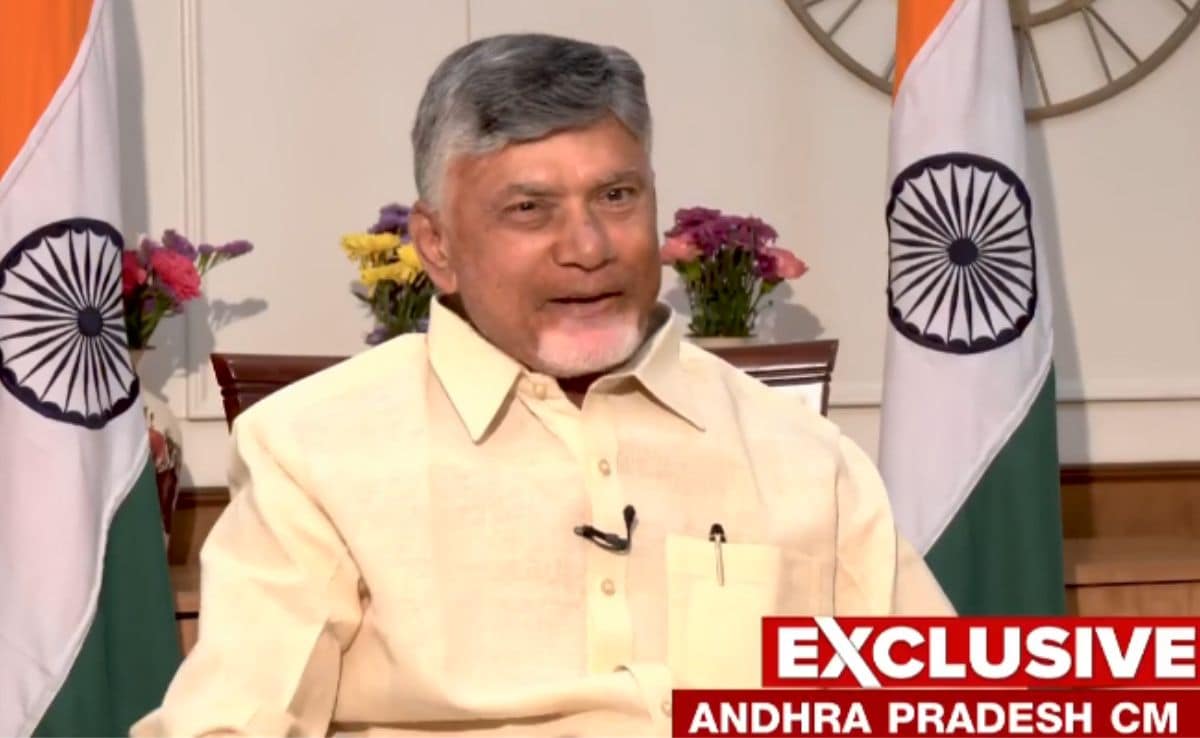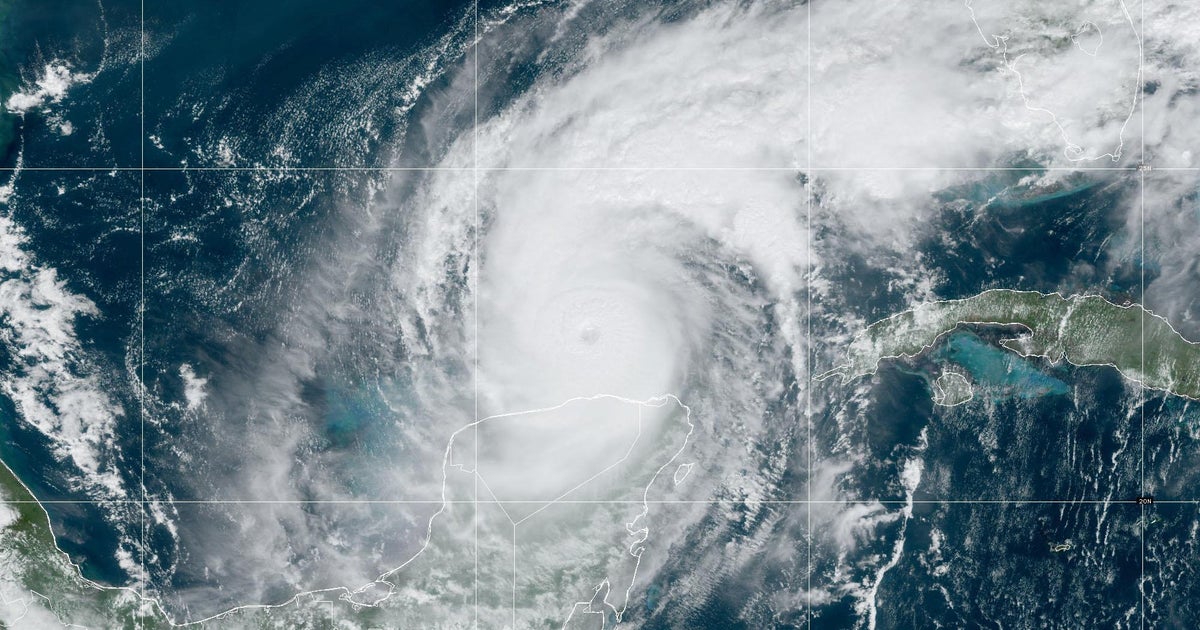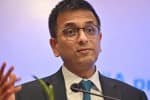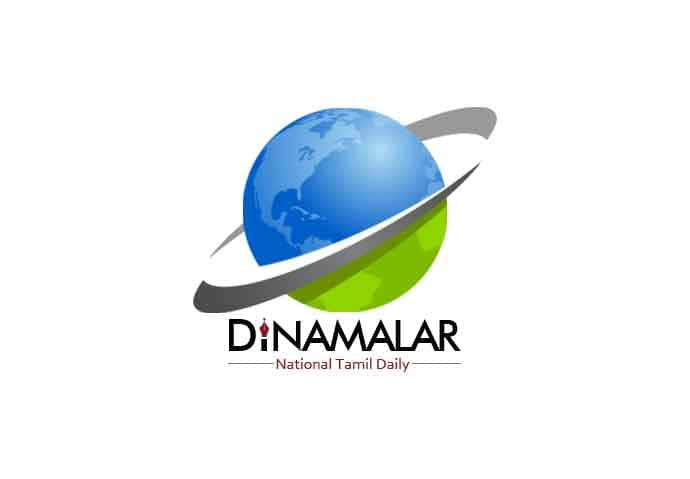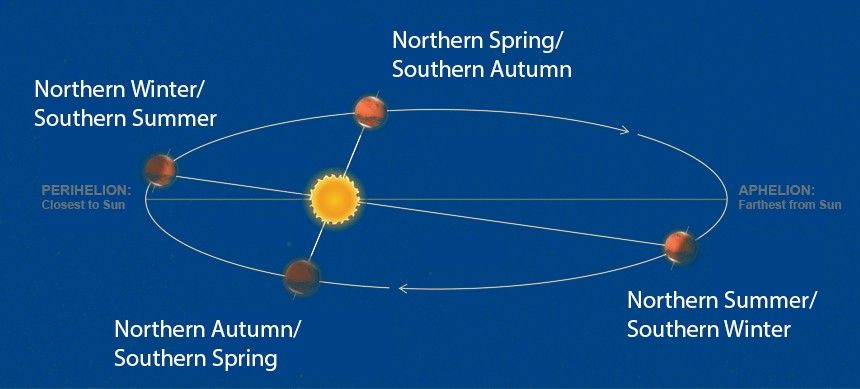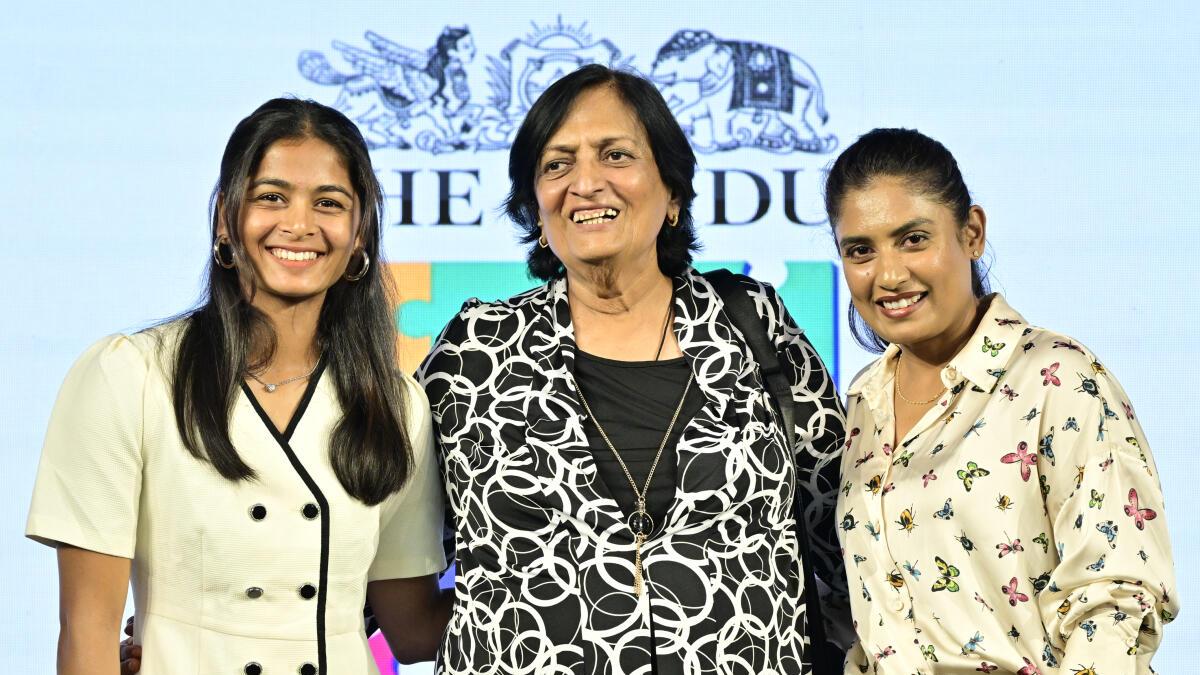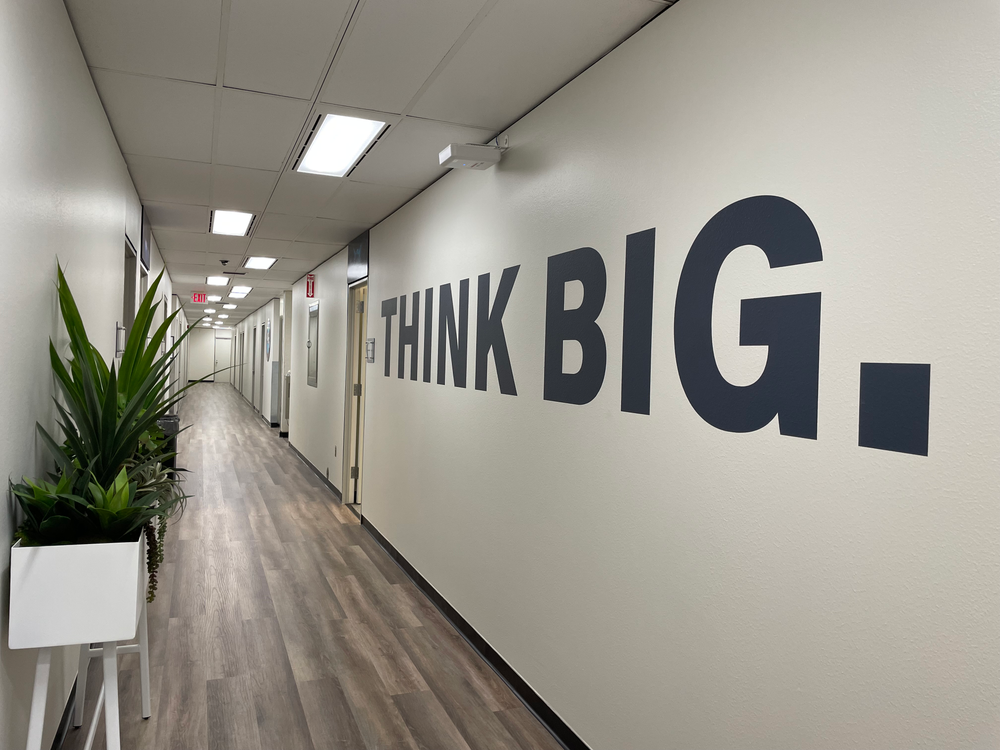Assure 2017
Home ASSURE 2017 has successfully concluded. UPDATES Introduction The 5th International Workshop on Assurance Cases for Software-intensive Systems (ASSURE 2017) is being collocated this year with SAFECOMP 2017, and aims to provide an international forum for high-quality contributions on the application of assurance case principles and techniques to provide assurance that the dependability properties of critical, […]
Home
ASSURE 2017 has successfully concluded.
UPDATES
- 2017-10-01: ASSURE 2017 concluded successfully. The accepted papers appear in the SAFECOMP 2017 Workshop Proceedings. Thank you for attending! See you in 2018.
- 2017-08-28: The ASSURE 2017 Program has been announced. The final program is contingent on registration. If you haven’t already done so, please register for ASSURE 2017 via SAFECOMP 2017.
- 2017-08-27: ASSURE 2017 will be held on Tuesday, Sep. 12, 2017. The accepted papers and program will be posted here soon.
- 2017-06-02: Authors of accepted papers have been notified. The final, camera-ready version and a signed copyright release form are due on June 12, 2017. Instructions on submitting both the final version and the copyright form also have been posted.
- 2017-05-24: Paper submission deadlines have passed. Submission is now closed.
- 2016-05-16: ASSURE deadlines have been extended by a week, to May 24, 2017.
- 2017-03-27: Dr. Simon Burton, Chief Expert Safety, Reliability and Availability at Robert Bosch GmbH Central Research Division, Germany, has generously accepted to give an invited keynote talk! Watch this space for the topic and abstract for the talk.
- 2017-03-22: The deadline to submit papers to ASSURE 2017 is May 17, 2017. Submit a paper now!
- 2017-03-01: The ASSURE 2017 website is live!
Introduction
The 5th International Workshop on Assurance Cases for Software-intensive Systems (ASSURE 2017) is being collocated this year with SAFECOMP 2017, and aims to provide an international forum for high-quality contributions on the application of assurance case principles and techniques to provide assurance that the dependability properties of critical, software-intensive systems have been met.
The main goals of the workshop are to:
- Explore techniques for the creation and assessment of assurance cases for software-intensive systems
- Examine the role of assurance cases in the engineering lifecycle of critical systems
- Identify the dimension of effective practice in the development and evaluation of assurance cases
- Investigate the relationship between dependability techniques and assurance cases
- Identify critical research challenges and define a roadmap for future development
We invite original, high-quality research, practice, tools and position papers that have not been published/submitted elsewhere. See the full Call for Papers, for more details on topics. Also view the submission deadlines, and guidelines.
Program
ASSURE 2017 Program
September 12, 2017, from 08:00 – 17:30
08:00 – 09:00 Registration
09:00 – 11:00 Session 1. Welcome, Introduction, Keynote and Assurance Case Frameworks
09:00 – 09:05 Welcome and Introduction, ASSURE 2017 Organizers
09:05 – 10:00 Keynote Talk: Making the Case for Safety of Machine Learning in Highly Automated Driving, Simon Burton (with Lydia Gauerhof and Christian Heinzemann)
10:00 – 10:30 A Thought Experiment on Evolution of Assurance Cases – from a Logical Aspect, Y. Kinoshita and S. Kinoshita
10:30 – 11:00 Morning Coffee/Tea Break
11:00 – 12:30 Session 2. Assurance Case Tool Support
11:00 – 11:30 Uniform Model Interface for Assurance Case Integration with System Models, A. Wardziński and P. Jones
11:30 – 12:00 ExplicitCase: Integrated Model-based Development of System and Safety Cases, C. Cârlan, S. Barner, A. Diewald, A. Tsalidis and S. Voss
12:00 – 12:30 D-Case Communicator: A Web-Based GSN Editor for Multiple Stakeholders, Y. Matsuno
12:30 – 13:30 Lunch Break
13:30 – 15:30 Session 3. Assurance Cases for Security
13:30 – 14:00 Reconciling Systems-Theoretic and Component-Centric Methods for Safety and Security Co-Analysis, W. Temple, Y. Wu, B. Chen and Z. Kalbarczyk
14:00 – 14:30 Towards combined safety and security constraints analysis, D. Pereira, C. Hirata, R. Pagliares and S. Nadjm-Tehrani
14:30 – 15:00 Attack Modeling for System Security Analysis and Assurance Case, A. Altawairqi and M. Maarek
15:00 – 15:30 Using an Assurance Case Framework to Develop Security Strategy and Policies, R. Bloomfield, P. Bishop, E. Butler and K. Netkachova
15:30 – 16:00 Afternoon Coffee/Tea Break
16:00 – 17:25 Session 4. Guided Discussion
17:25 – 17:30 ASSURE 2017 Conclusion and Wrap-Up
Important Dates
| EVENT | DEADLINE |
|---|---|
| Workshop Papers Due | 24 May 2017 |
| Notification of Acceptance | 31 May 2017 |
| Camera-ready Copies Due | 12 June 2017 |
| ASSURE 2017 Workshop | September 12, 2017 |
| SAFECOMP 2017 | September 13 – 15, 2017 |
Call for Papers
Software plays a key role in high-risk systems, e.g., safety-, and security-critical systems. Several certification standards/guidelines now recommend and/or mandate the development of assurance cases for software-intensive systems, e.g., defense (UK MoD DS-0056), aviation (CAP 670, FAA’s operational approval guidance for unmanned aircraft systems), automotive (ISO 26262), and healthcare (FDA infusion pumps total product lifecycle guidance). As such, there is a need to develop models, techniques and tools that target the development of assurance arguments for software.
The goals of the 2017 Workshop on Assurance Cases for Software-intensive Systems (ASSURE 2017) are to:
- explore techniques for creating/assessing assurance cases for software-intensive systems;
- examine the role of assurance cases in the engineering lifecycle of critical systems;
- identify the dimensions of effective practice in the development and evaluation of assurance cases;
- investigate the relationship between dependability techniques and assurance cases; and,
- identify critical research challenges and define a roadmap for future development.
We solicit high-quality contributions: research, practice, tools and position papers on the application of assurance case principles and techniques to assure that the dependability properties of critical software-intensive systems have been met.
Papers should attempt to address the workshop goals in general.
Topics
Topics of interest include, but are not limited to:
- Assurance issues in emerging paradigms, e.g., adaptive and autonomous systems, including self-driving cars, unmanned aircraft systems, complex health care and decision making systems, etc.
- Standards: Industry guidelines and standards are increasingly requiring the development of assurance cases, e.g., the automotive standard ISO 26262 and the FDA guidance on the total product lifecycle for infusion pumps.
- Certification and Regulations: The role and usage of assurance cases in the certification of critical systems, as well as to show compliance to regulations.
- Empiricism: Empirical assessment of the applicability of assurance cases in different domains and certification regimes.
- Dependable architectures: How do fault-tolerant architectures and design measures such as diversity and partitioning relate to assurance cases?
- Dependability analysis: What are the relationships between dependability analysis techniques and the assurance case paradigm?
- Safety and security co-engineering: What are the impacts of security on safety, particularly safety cases, and how can safety and security cases (e.g., as proposed in ISO 26262 and SAE J 3061 respectively) be reconciled?
- Tools: Using the output from software engineering tools (testing, formal verification, code generators) as evidence in assurance cases / using tools for the modeling, analysis and management of assurance cases.
- Application of formal techniques for the creation, analysis, reuse, and modularization of arguments.
- Exploration of relevant techniques for assurance cases for real-time, concurrent, and distributed systems.
- Assurance of software quality attributes, e.g., safety, security and maintainability, as well as dependability in general, including tradeoffs, and exploring notions of the quality of assurance cases themselves.
- Domain-specific assurance issues, in domains such as aerospace, automotive, healthcare, defense and power.
- Reuse and Modularization: Contracts and patterns for improving the reuse of assurance case structures.
- Relations between different formalisms and paradigms of assurance and argumentation, such as Goal Structuring Notation, STAMP, IBIS, and goal-oriented formalisms such as KAOS.
Submit
Submission Instructions for Accepted Papers
If your paper has been accepted for the ASSURE 2017 Program, please follow the instructions below, when preparing your final, camera-ready paper for the proceedings.
1. Deadline
The final paper and the signed copyright form are due on June 12, 2017. This is a firm deadline for the production of the proceedings.
2. Copyright Release
- Authors must fill and sign the Springer “Consent to Publish” copyright release form using the following information:
- Title of the Book or Conference Name: Computer Safety, Reliability, and Security – SAFECOMP 2017 Workshops – ASSURE, DECSoS, SASSUR, TELERISE, and TIPS
- Volume Editor(s): Stefano Tonetta, Erwin Schoitsch, Friedemann Bitsch
- One author may sign on behalf of all authors.
- Springer does not accept digital signatures, unfortunately. Please physically sign the form, scan, and email it in PDF or any acceptable image format, to the SAFECOMP 2017 Publication Chair by the deadline above.
- Alternatively, upload the signed, and completed form via EasyChair using your author account.
3. Corresponding Authors
Please nominate a corresponding author, whose name and email address must be included in the email containing the copyright release form. This author will be responsible for checking the pre-print proof of your paper prepared by Springer.
4. Pre-print Checking
The publisher has recently introduced an extra control loop: once data processing is finished, they will contact all corresponding authors and ask them to check their papers. We expect this to happen shortly before the printing of the proceedings. At that time your quick interaction with Springer-Verlag will be greatly appreciated.
5. Formatting and Page Limits
Please do not change the spacing and dimensions associated with the paper template files. Please ensure that your paper meets the page limits for your paper type. Page limits are strict.
- Regular research/practice papers: 12 pages including figures, references, and appendices.
- Tools papers: 10 pages, including figures, references, and appendices.
- Position papers: 4 – 6 pages including figures, references, and any appendices.
6. Final Paper Submission
Submit your camera ready paper using your EasyChair author account, for inclusion into the Workshop Proceedings. After you have logged in, select the Proceedings Author role to be directed to the submission page.
Springer reserves the right to reformat your paper to meet their print and digital publication requirements. Consequently, you will need to submit all the source files associated with your paper. Follow the instructions after the login for uploading two files:
- either a zipped file containing all your LaTeX sources or a Word file in the RTF format, and
- a PDF version of your camera-ready paper.
Please follow the LNCS paper formatting guidelines when preparing the final version.
Committees
Workshop Chairs
- Ewen Denney, SGT / NASA Ames, USA
- Ibrahim Habli, University of York, UK
- Ganesh Pai, SGT / NASA Ames, USA
- Kenji Taguchi, AIST, Japan
Program Committee
- Robin Bloomfield, City University, and Adelard, UK
- Simon Burton, Bosch Research, Germany
- Isabelle Conway, ESA/ESTEC, Netherlands
- Martin Feather, NASA Jet Propulsion Laboratory, USA
- Jérémie Guiochet, LAAS-CNRS, France
- Richard Hawkins, University of York, UK
- Joshua Kaizer, Nuclear Regulatory Commission, USA
- Tim Kelly, University of York, UK
- Yoshiki Kinoshita, Kanagawa University, Japan
- Terrence Martin, Queensland University of Technology, Australia
- Andrew Rae, Griffith University, Australia
- Philippa Ryan, Adelard, UK
- Roger Rivett, Jaguar Land Rover, UK
- Mark-Alexander Sujan, University of Warwick, UK
- Sean White, NHS Digital, UK
Previous ASSURE Workshops
- ASSURE 2016, Trondheim, Norway
- ASSURE 2015, Delft, The Netherlands
- ASSURE 2014, Naples, Italy
- ASSURE 2013, San Francisco, USA
Contact the Organizers
If you have questions about paper topics, submission and/or about ASSURE 2016 in general, please contact the Workshop Organizers.
What's Your Reaction?








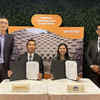



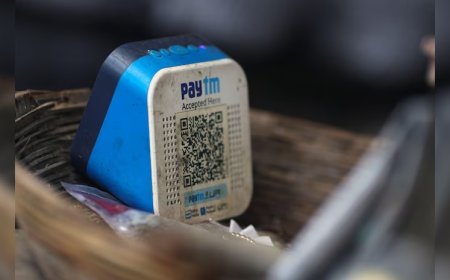
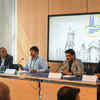





.jpg?#)

